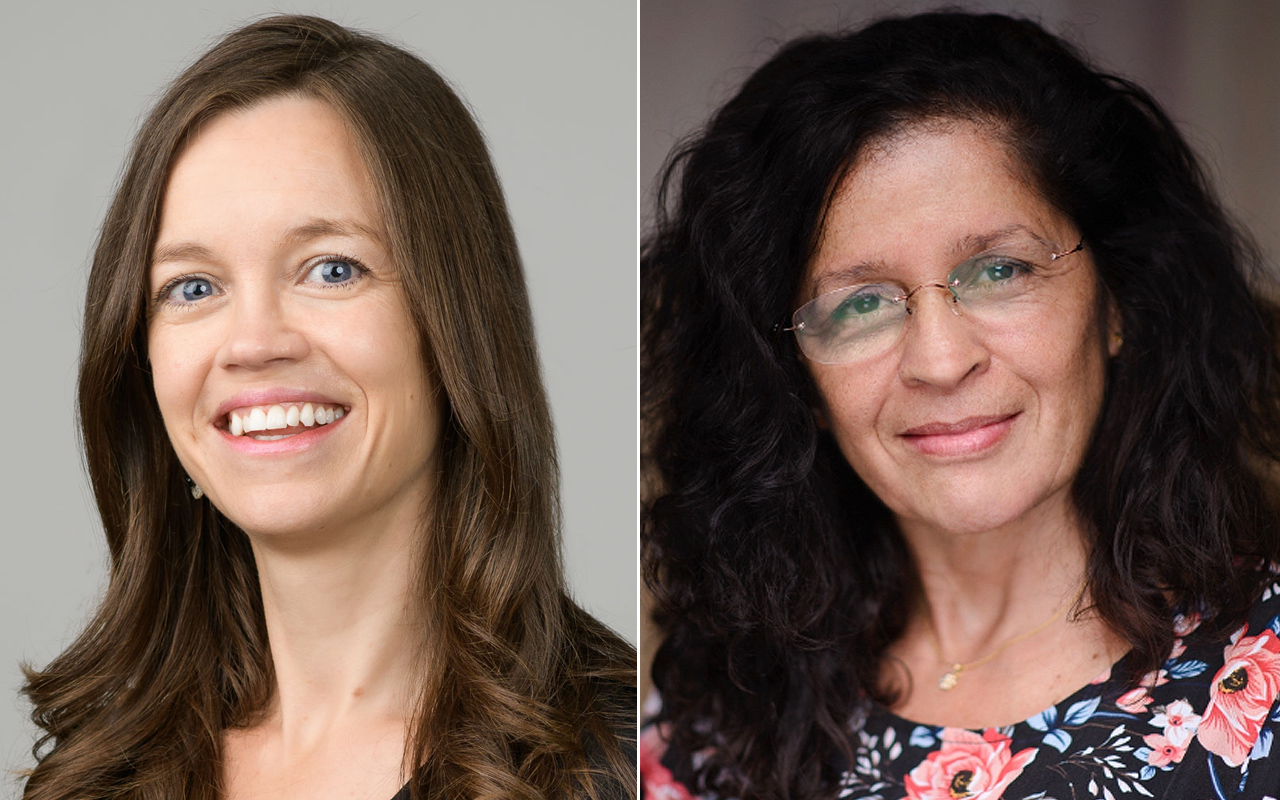“Yes, Dad might have regrets about what happened to Mum, but with his new understanding he now has told us what he wants for himself.”
From: When the time Comes – Stories from the end of life. Cardona M, Lewis E. London, UK: Hammersmith Books, 2021.
WHAT a shock to the health system and society the COVID-19 pandemic has been. Extraordinarily busy times and rapid changes took place within health facilities while time stood still for many on the outside. And so many opportunities arose for innovation in business models, social interaction, and health care delivery.
The prospect of facing high mortality rates in and out of hospitals was unprecedented and highlighted our lack of preparedness both as individuals and as health services.
Prior to this, despite a general acknowledgment that advance care planning (ACP) is key to help patients achieve a “good death”, statements that ACP should be normalised or routine (NSW Health, Queensland Government, Advance Care Planning Australia) and the widespread support of governmental agencies and major health care bodies, the prevalence of ACP among adults – across health systems – has been low at the best of times (here, here, here).
Explanations for the lack of ACP are multiple – from social taboos, to lack of standardised protocols, to legal concerns. Furthermore, ACP has not been embraced, nor mandated, as the task of any one craft group.
Even though GPs are ideally poised to initiate ACP discussions because they have known the patient’s illness profile, lifestyle and social circumstances for years, the demands of routine care in general practice often preclude sit-down dialogue about values and preferences.
On the other hand, hospital clinicians may feel inadequately trained or do not see their role or workplace environment as optimal for the preferable or necessary “quality time” to engage in such profound discussions (here, here). In addition, traditional models of ACP have often relied heavily on a medical model, with the doctor as the instigator of such discussions. This model has been challenged in the context of recent medical staff shortages, highlighting the need to consider options such as harnessing expertise from nurses and social workers and expanding beyond customary roles (here, here).
Did the pandemic change how we face conversations on dying?
In the setting of COVID-19 – an acute, easily transmissible, and potentially fatal illness – and associated burden on health care resources, the importance of knowing people’s values and preferences for end-of-life care, and potential wish to avoid certain measures, may seem self-evident.
And so, ACP has come into sharp focus during the COVID-19 pandemic, as have strategies to increase its uptake. In this context, we performed a rapid review to investigate the barriers and enablers of ACP worldwide in the early (up to April 2021) phase of the pandemic. Our review has been published on MedRxiv and has yet to be peer reviewed.
A high level of global interest in the topic of ACP has been evident since the emergence of COVID-19. After screening 343 studies, we examined 123 full-text papers, and 74 papers were included in our review. ACP was identified as benefitting patients and carers, in facilitating decision making and improving bereavement experience, as well as health services.
It was heartening to see that multiple enablers of ACP were identified. These ranged from targeted public awareness, to online platforms and telehealth to facilitate ACP discussions, to use of online tools, to embedding a patient-centred approach to care. It was also not surprising that barriers to ACP were flagged – uncertainty regarding outcomes in the acute COVID-19 setting, cultural and communication difficulties (including in patients with limited information technology literacy), legal and ethical concerns, the impact of infection control procedures on the ability to hold the conversation, and insufficient resources such as time and electronic support systems.
These were balanced by a variety of proposed solutions, which appeared to be reasonable in terms of timeliness and feasibility. Recommendations focused on factors such as standardisation of ACP forms design and hospital admission protocols, collaboration, education of health care providers and the community, and addressing ethico-legal considerations that might otherwise impede ACP.
What did we learn?
As we conclude in our review, the COVID-19 pandemic has “pushed us to re-evaluate existing healthcare policies and practices, overcome new and longstanding barriers, and embrace new solutions, in ACP as in other areas of practice”. The pandemic provided capacity, opportunity and motivation to review and enhance our existing ACP practices, the three ingredients for successful behavioural change.
We have lost many lives during the COVID-19 pandemic so far, but let’s not lose the lessons learned to facilitate longer term improvements in ACP practice and care that is respectful of, and responsive to, the values and needs of the individual patients we meet every day.
Associate Professor Danielle Ní Chróinín is a Consultant Geriatrician at Liverpool Hospital, and conjoint Associate Professor with South Western Sydney Clinical School, UNSW Sydney. She is passionate about improving the care and experiences of older people through multidisciplinary collaboration.
Dr Magnolia Cardona is Associate Professor of Health Systems Research and Translation at the Institute for Evidence-Based Healthcare, Bond University.
Acknowledgments:
We would like to acknowledge the contribution of our co-authors, Sarah Younan, Ashlyn Sahay and Eileen Willis.
The statements or opinions expressed in this article reflect the views of the authors and do not necessarily represent the official policy of the AMA, the MJA or InSight+ unless so stated.
Subscribe to the free InSight+ weekly newsletter here. It is available to all readers, not just registered medical practitioners.
If you would like to submit an article for consideration, send a Word version to mjainsight-editor@ampco.com.au.

 more_vert
more_vert